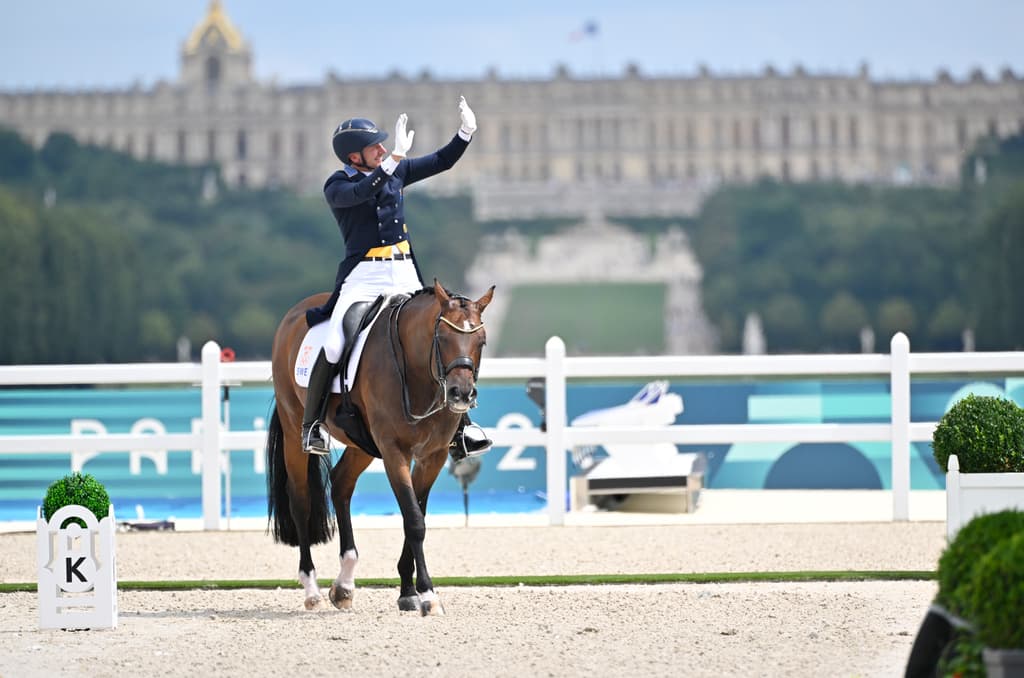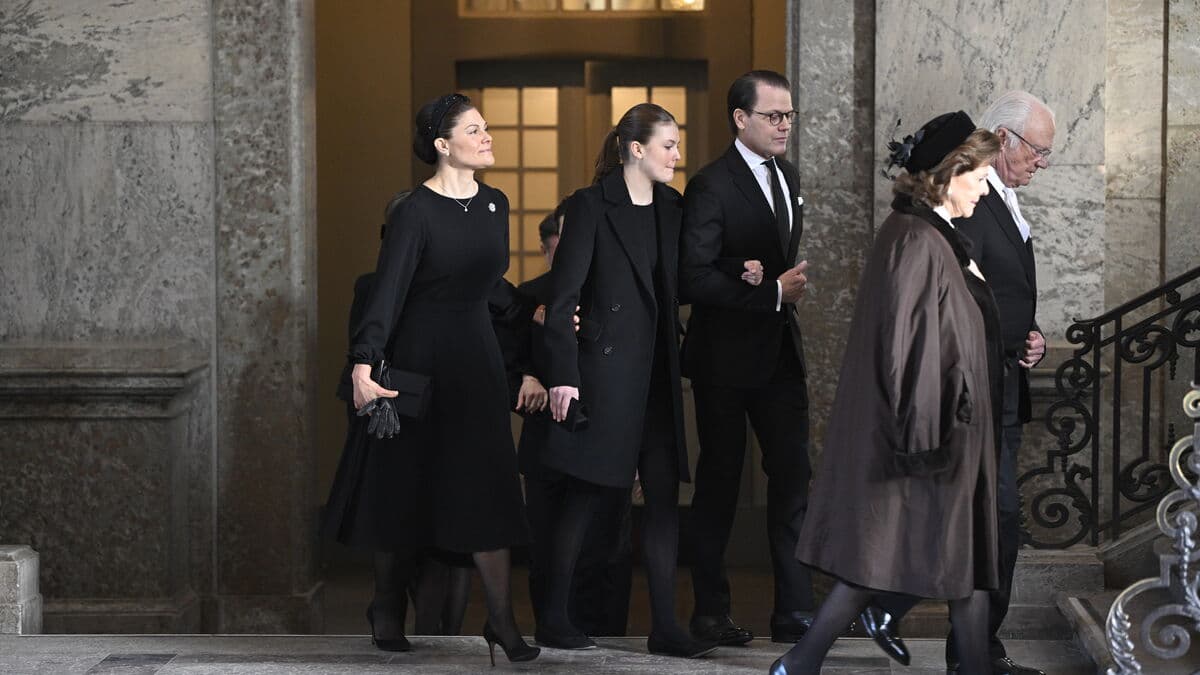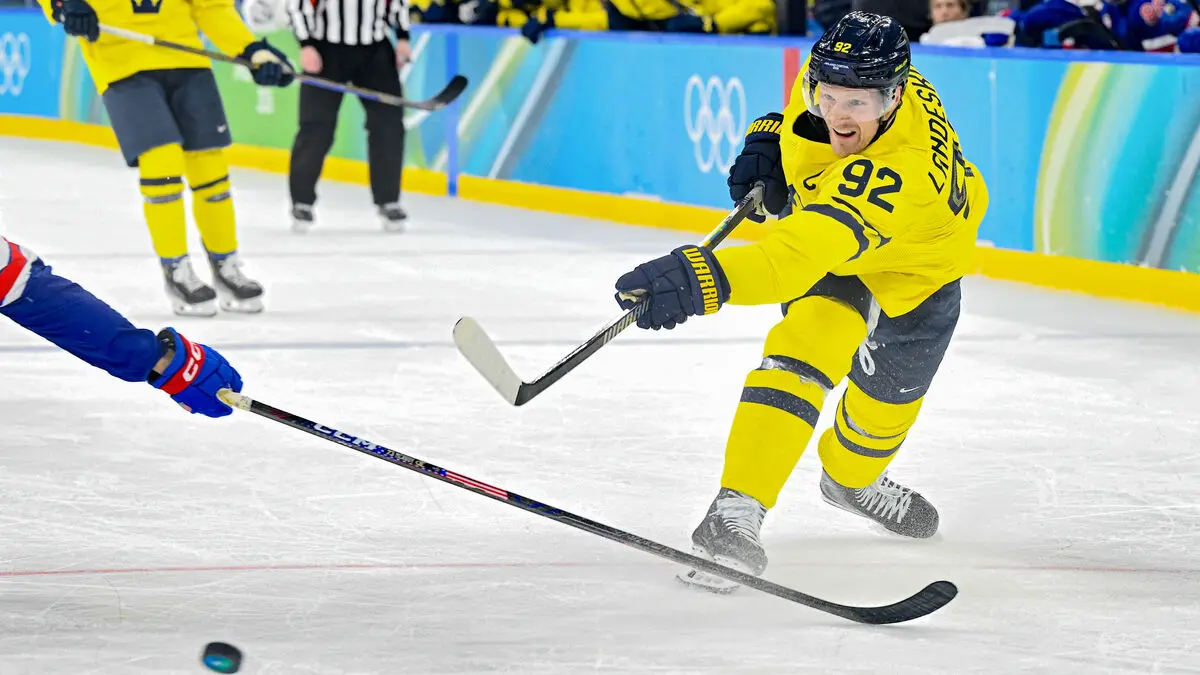One by one, the scandals have been revealed. The turns surrounding the Dane Andreas Helgstrand's and the Englishwoman Charlotte Dujardin's unethical training methods have stirred up strong emotions among the horse-interested public.
At the same time, rider profiles – not least the Swedish world sexton Patrik Kittel – have condemned what has happened behind the scenes among colleagues they know well in the relatively small dressage family at the elite level.
The International Equestrian Federation, FEI, has introduced stricter rules and is intensifying its work for better horse welfare and control.
It is an absolute necessity for dressage to be able to retain its legitimacy in the long run, including in OS contexts.
Takes a firm stance
Kittel is one of the foremost ambassadors for his sport, but even he has been under scrutiny.
He has taken a firm stance against Dujardin's notorious mistreatment of a horse during training a few years ago.
National team colleague Therese Nilshagen ended the championship career of Dante Weltino in Sunday's individual final. She says she was horrified by the released video showing Dujardin whipping a horse repeatedly.
That's something you clearly take to heart. I've been shocked, surprised, and disappointed. What we've seen has really been terrible.
Should not exist in sports
It was sad that it came up now, but it's important that it does. That it's exposed and investigated. It's really not something that should belong to our sport, she says.
What can you top riders here at the OS do more to clean up this mess?
It's up to each and every one to have good horse care. For me, it's self-evident not to do things like that in the video. I hope that those who are drawn to such thoughts are drawn to others now.
You think that everyone does this because they love their animals, and it's very disrespectful to treat an animal like that. Sports are all about it, but it's the animals we love. You're surprised that there are people who don't treat horses well.
Are you afraid that there's more beneath the surface?
Hard to know, but I really hope not, says Therese Nilshagen.






